Truly understanding the five poisons, also known as the five negative emotions, is a crucial step for mental well-being. In this audio teaching, Phakchok Rinpoche reminds us that it is not enough to know the names of the poisons. If we simply memorize the five, we don’t benefit much. On the other hand, we will be able to transform if we learn how to recognize how these poisons manifest.
The Five Poisons:
- Anger
- Jealousy
- Pride
- Ignorance
- Attachment
Rinpoche here shares his own experience in working with the poisons. He says that he heard about negative emotions from his teachers many times. But he says that at the beginning, he was not able to see these in his own mind.
So, begin with a question to ourselves? Do we have the five poisons? Of course, we do! We are human beings! But to truly understand how to transform, we can’t only rely on knowing that.
Self-reflection
Instead, we can take some time for self-reflection. Here we spend some time observing how our emotions arise. Did we have negative feelings toward someone? Begin with a simple example.
When someone bumps into you, or cuts you off in traffic, what happens? Do you feel any tension in the body, or sense hotness or tightness? And do you react with irritation, black looks, or harsh words? It is important, to be honest in this self-assessment. But we aren’t reporting our behavior to anyone; we simply see what is going on within our mind and body.
Similarly, how do we experience jealousy? Reflect on how we feel about someone else’s success. If someone praises a friend, do you ever think to yourself, “what about me?” And if people congratulate or praise someone you dislike, how do you feel? Just notice how your mind behaves.
What about pride? Do we feel that someone looks down on us? Rinpoche here gives a dramatic example of someone who was not even able to shoot at a photo of himself! Pride is simply identity – not just that our body is “me,” but in extreme cases, our ego-clinging even extends to a photo. We can then think about how our ego extends outward to our communities, our states, and our countries. What do we identify with and how does that strong identification cause subtle discomfort when threatened? Pride is based on ego.
Transformation Through Meditation
Thus, Rinpoche reminds us that we benefit the most when we are sincere and honest in our self-examination. When we see our poisons, we can start to clearly recognize them. But, this doesn’t mean we should feel depressed. Instead, we simply acknowledge our poisons and begin to transform them. By doing this, we diagnose and then work with our problems. We can’t transform ourselves by just thinking or studying philosophy. The only way to transform the poisons is through meditation. And as we practice, we will come to realize that all these individual poisons are connected. The five poisons are a byproduct of judgment. Do we judge and compare? Do we like and dislike easily? All these negative poisons are a result of this habit of judgment.
When we learn meditation we progress well when we understand how the poisons develop. As we become better at spotting these, we can transform our reactivity. And when we are less reactive, we benefit ourselves and those around us!


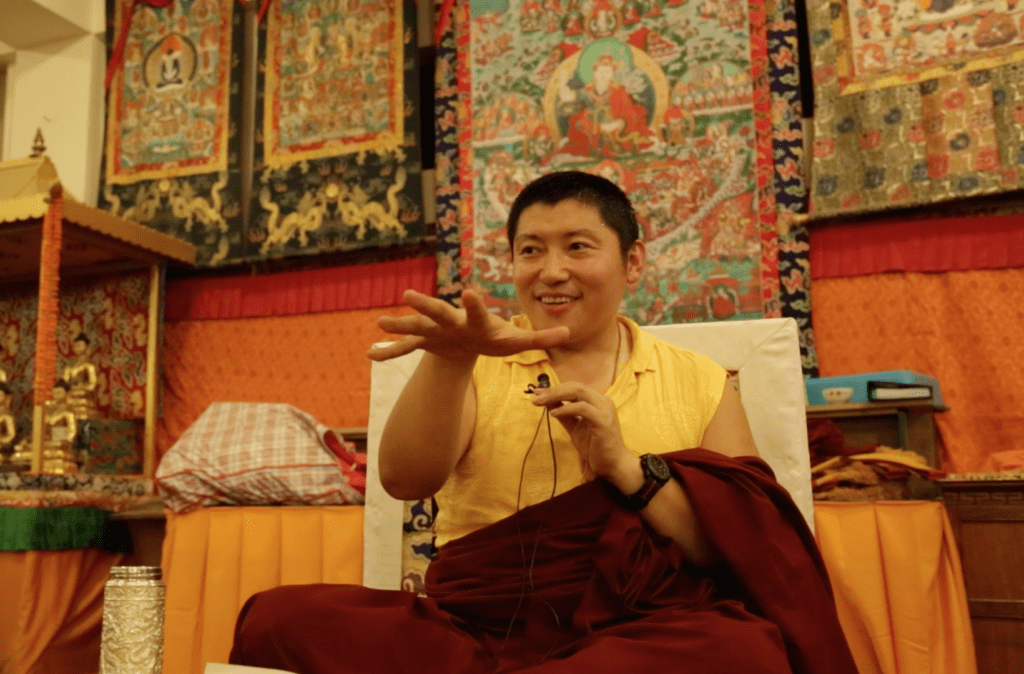

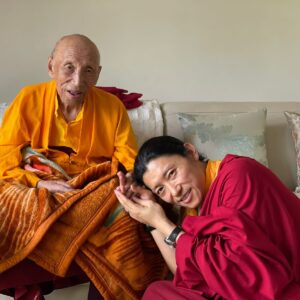
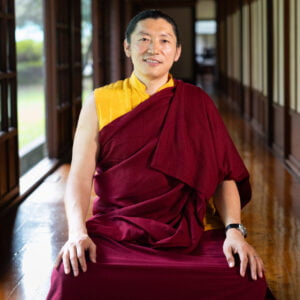
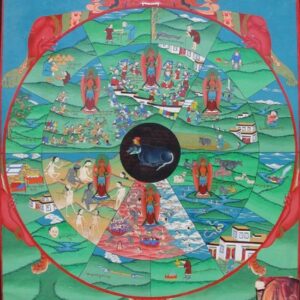
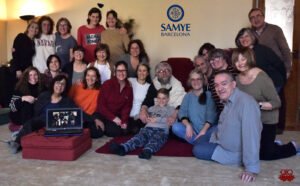
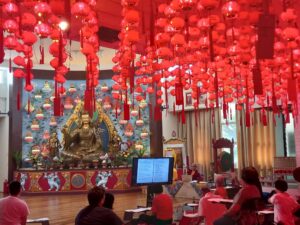

Responses
thank you thank you thank you from the depth of my heart!
(again, difficult to hear)